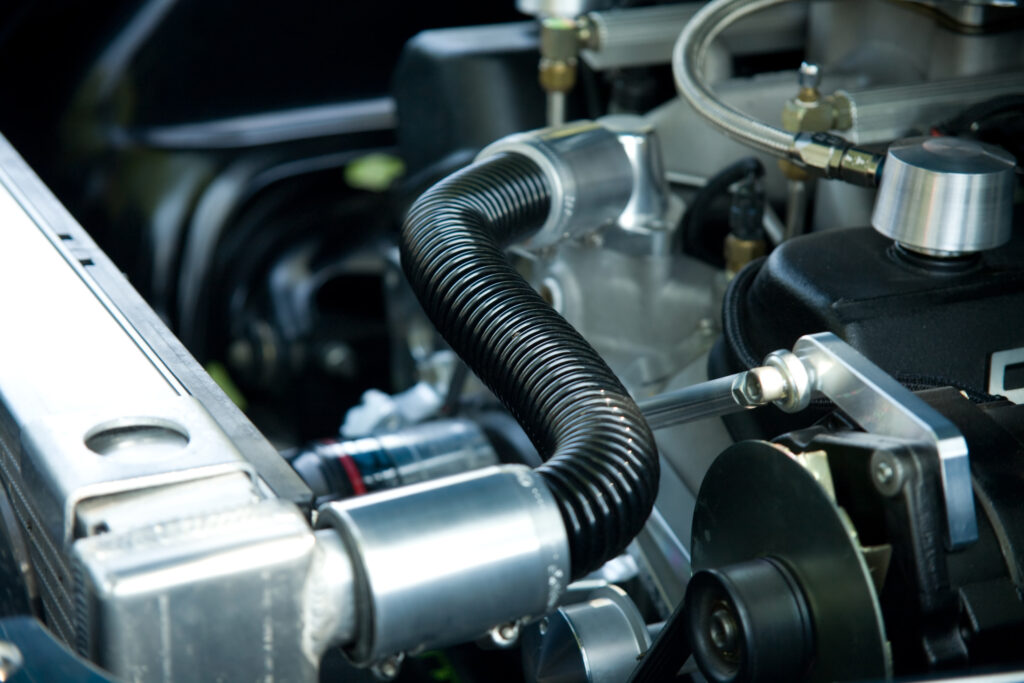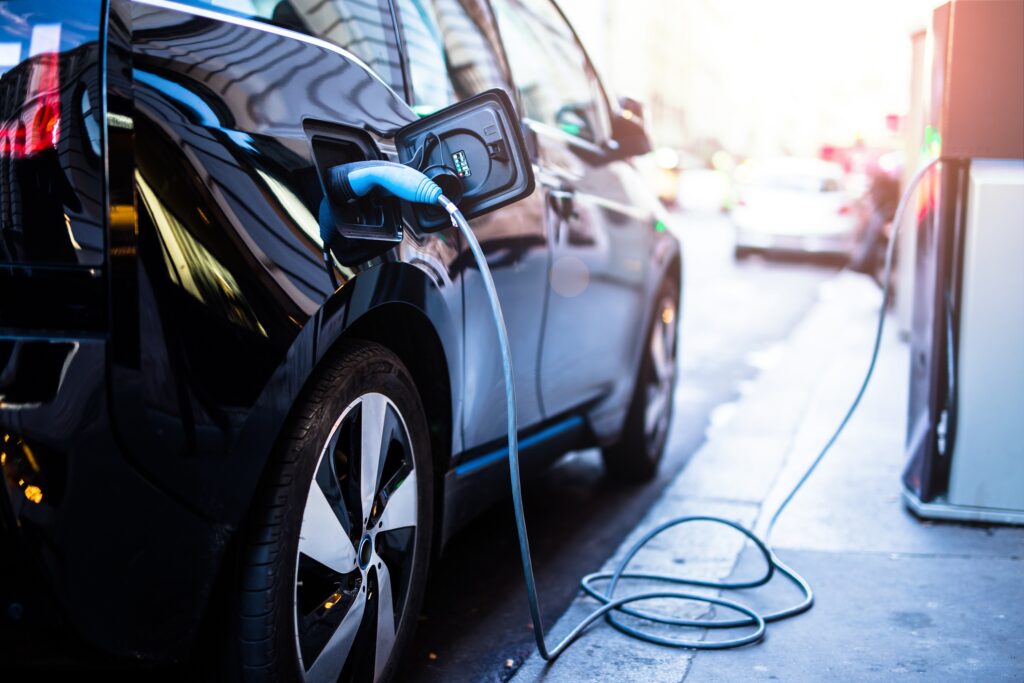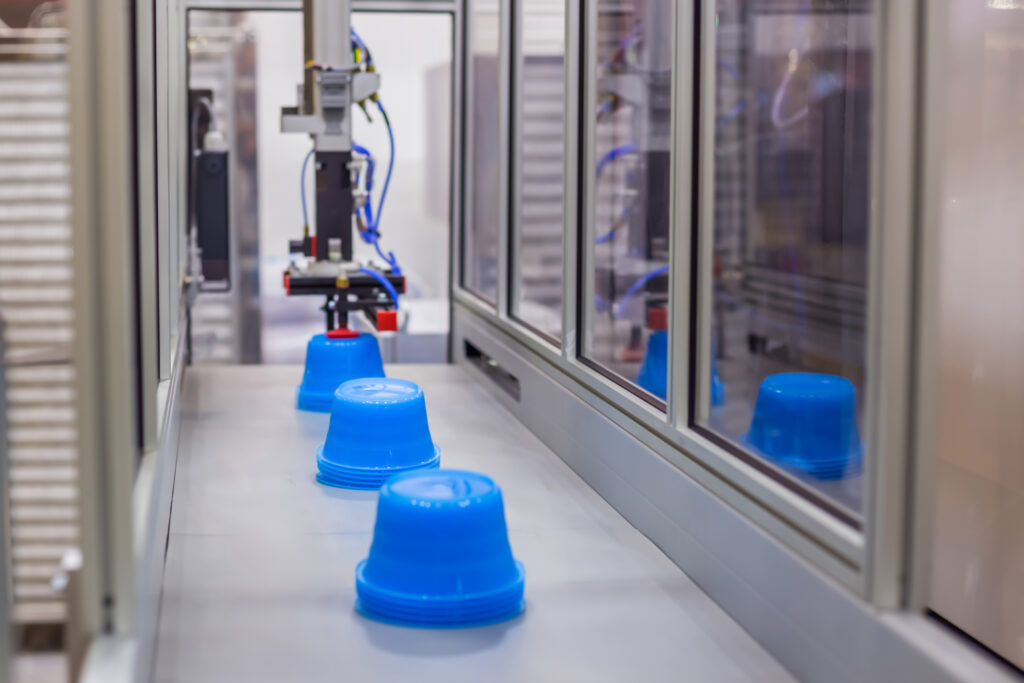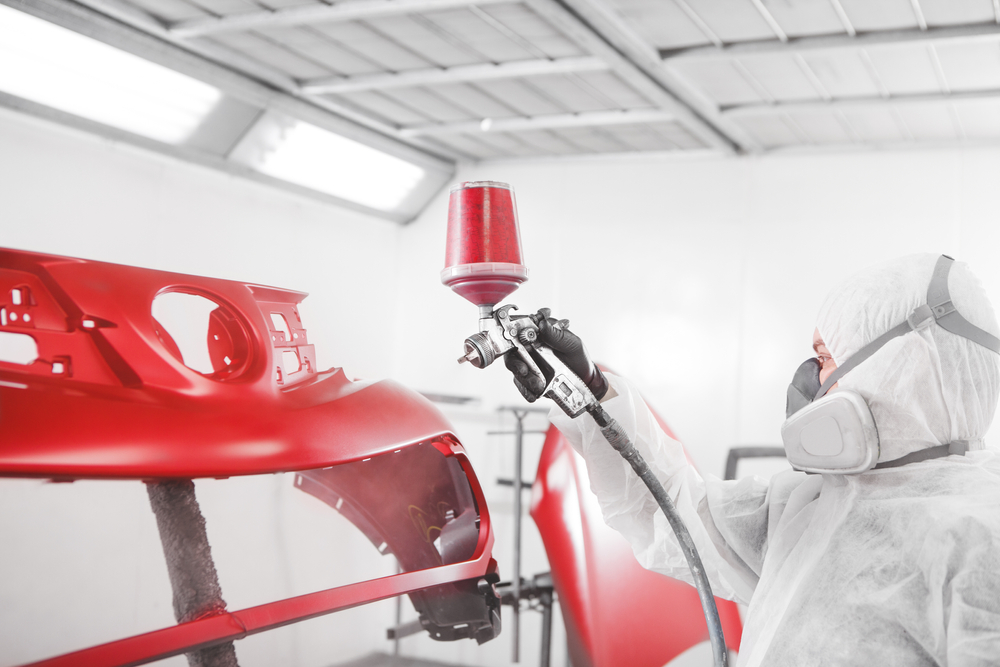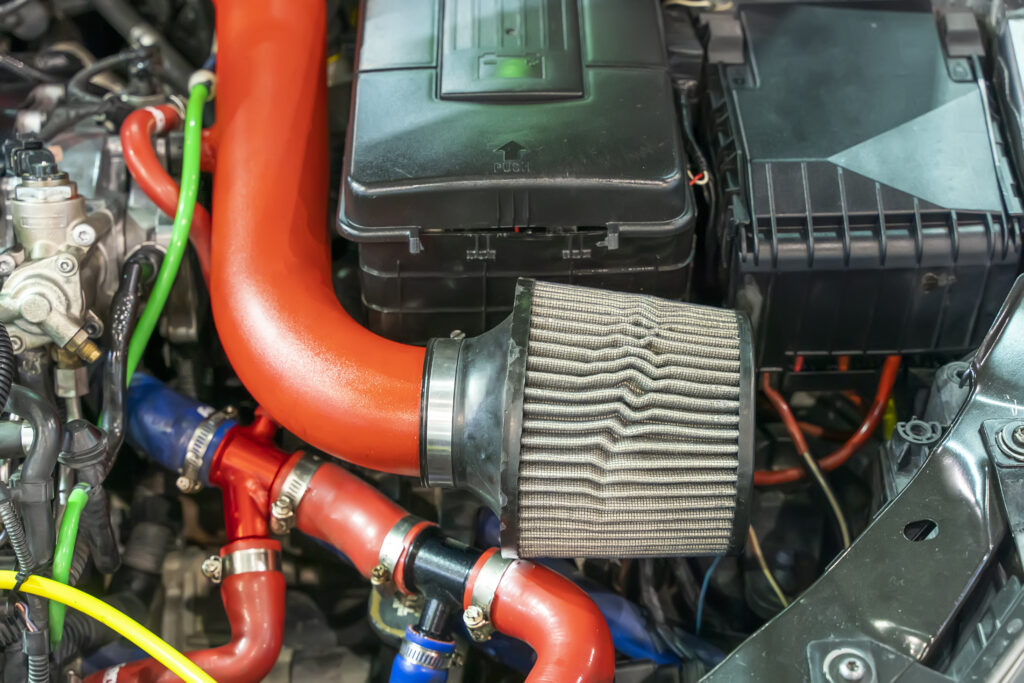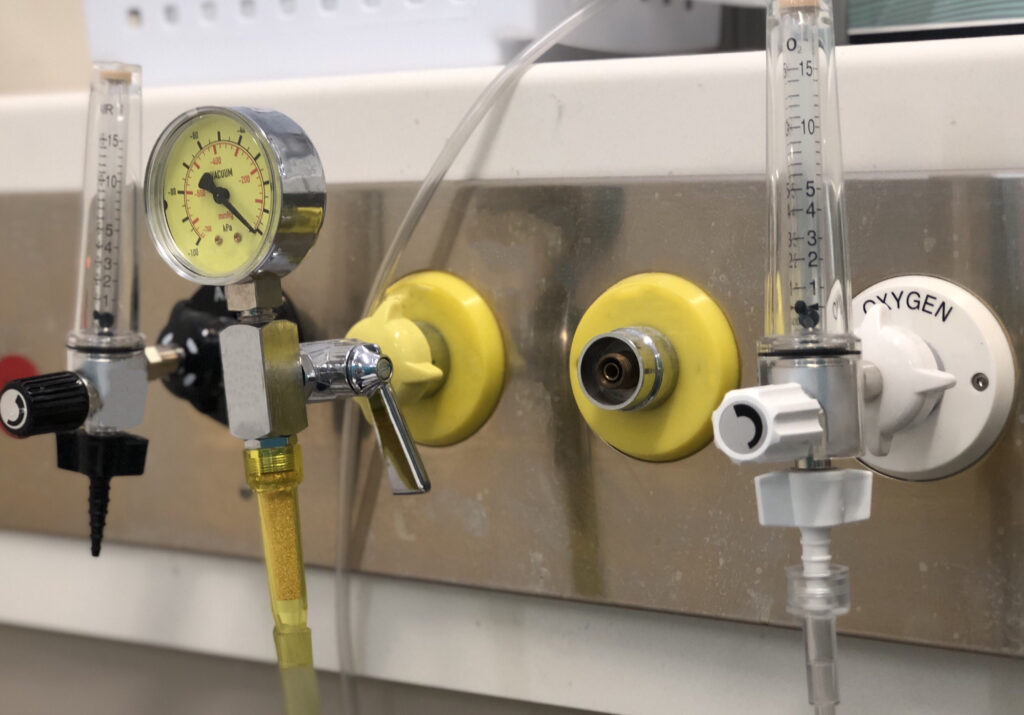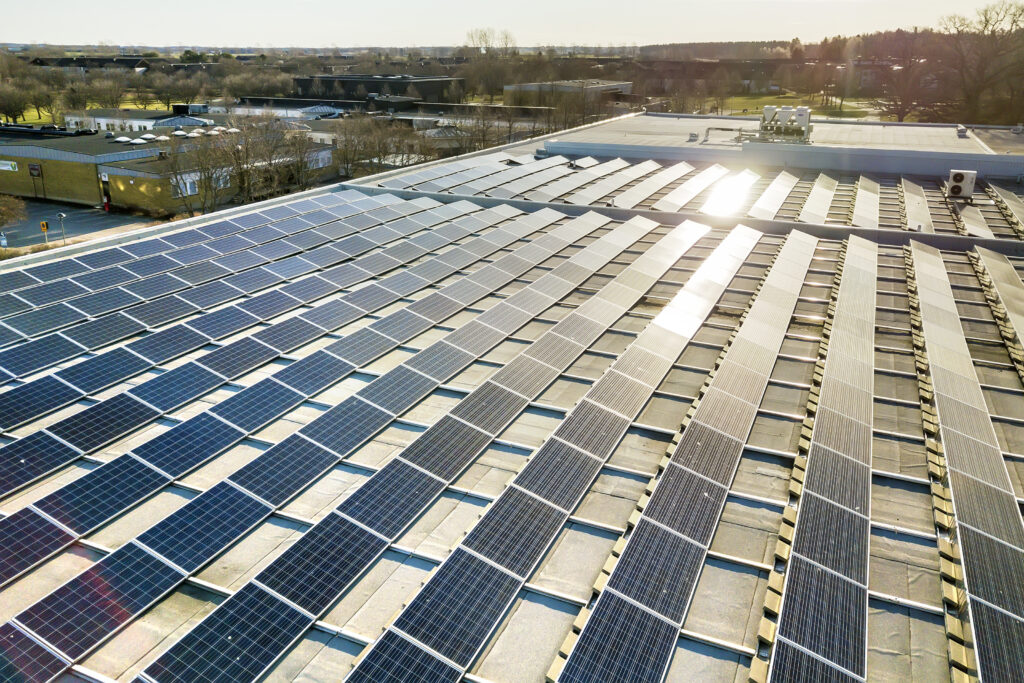Mobility, transport and automotive
PFAS contribute to more efficient engines, powertrains and steering systems. By reducing their weight and increasing their efficiency these components are key to diminishing greenhouse gas emissions from vehicles. Vehicles are subject to strict emission standards (e.g. Euro 6d, Euro 7) which can only be achieved with the use of various components (cables, tubes, filters, sealings, hoses) that rely on PFAS. PFAS are also critical for vehicles’ insulation, to prevent fire, and as such they are critical for the safety of passengers. Overall, the automotive market is undeniably in a time of change based on automotive trends such as connectivity, car-sharing, autonomous driving and electrification. PFAS are critical for this next generation of cars, as they are used in batteries of electric vehicles and PFAS-based material solutions improve the efficiency, safety, and optimisation of the future car.
